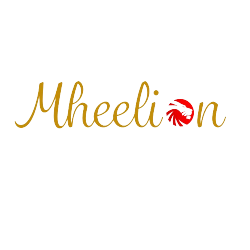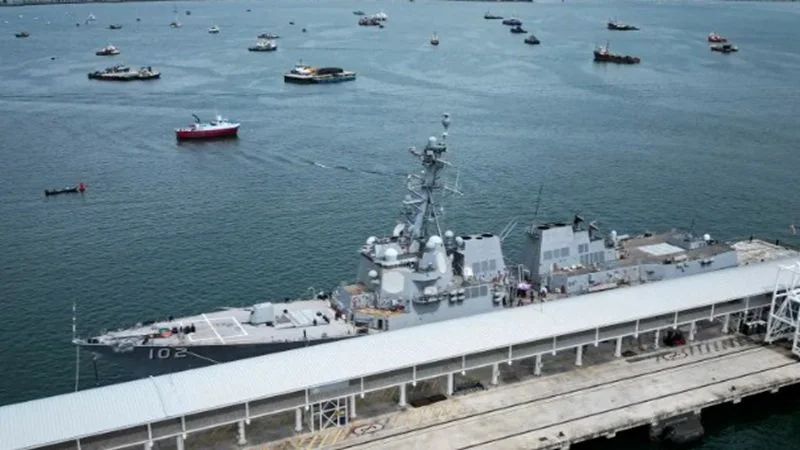Venezuela Said U.S Planted Seized Colombian Drugs Into Their Vessels, As Colombia Slams 'Excessive' US Military Buildup
Venezuelan President Nicolás Maduro has accused the U.S. of planting seized Colombian drugs on Venezuelan vessels. This claim came amid a significant U.S. military buildup in the Caribbean and a corresponding backlash from Colombia, which criticized the "excessive" American presence. The situation has intensified the already strained relations in the region and led to military posturing’s accusations from both sides.
Venezuela's Accusation
Details of the incident: On September 16, 2025, during a press conference, Maduro stated that U.S. Marines had raided a Venezuelan fishing boat. He dismissed the U.S. claim that the military was targeting drug-smuggling cartels and suggested that the U.S. was "looking for a military incident".
Context of U.S. actions: The incident followed U.S. military strikes on at least two Venezuelan boats earlier in the month, which the U.S. alleged were carrying drugs. The U.S. has designated a Venezuelan gang, Tren de Aragua, as a foreign terrorist organization. However, an internal U.S. intelligence report in April 2025 found no evidence linking senior Maduro officials to the group, though it noted a permissive environment for gangs.
Motivation and rhetoric: Maduro claimed that the drug trafficking accusations were a cover for an attempt at regime change. Following the U.S. military strikes, Venezuela launched military exercises on its Caribbean island of La Orchila.
Colombia's Response
Critique of U.S. military buildup: On September 19, 2025, Colombian Foreign Minister Rosa Villavicencio sharply criticized the U.S. military presence in the Caribbean, calling it "excessive," "disproportionate," and destabilizing for the entire Latin American region.
Rejection of U.S. narrative: Villavicencio rejected U.S. President Donald Trump's claims that the naval ships, submarine, and F-35 fighter jets were there to tackle the drug trade. She stated that the "excessive military presence" was unjustified and that it had "nothing to do with the fight against drug trafficking".
Impact on relations: The comments add to increasingly difficult relations between Washington and Bogotá. Earlier in the week, Washington had "blacklisted" Colombia for perceived flaws in its anti-drug efforts, which Villavicencio called a "political decision".
Broader Geopolitical Context
Escalating tensions: The events have contributed to raising tensions between the U.S. and Venezuela, with accusations of an "undeclared war" in the Caribbean.
Complicated U.S.-Colombia relationship: The dispute has worsened already strained relations between the U.S. and Colombia, fueled by animosity between President Trump and Colombian President Gustavo Petro. Colombia has recently suspended some military equipment purchases from the U.S. in favor of diversifying its partners.
Concerns over lethal force: Villavicencio also suggested that the lethal U.S. strikes on suspected drug boats were illegal and insisted that suspects should be captured, not killed.

